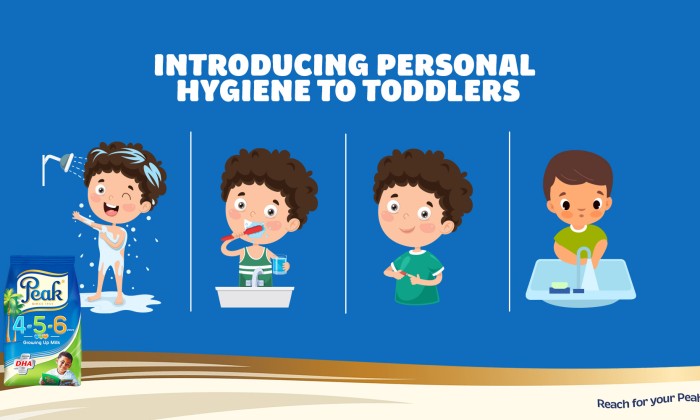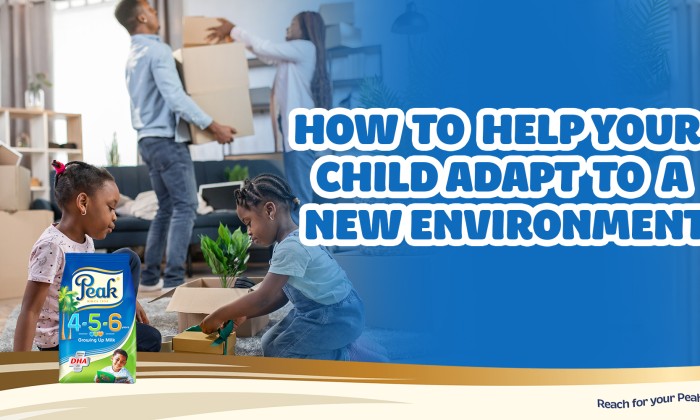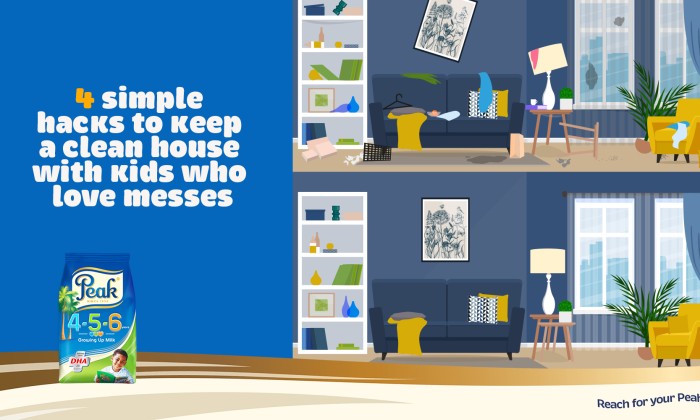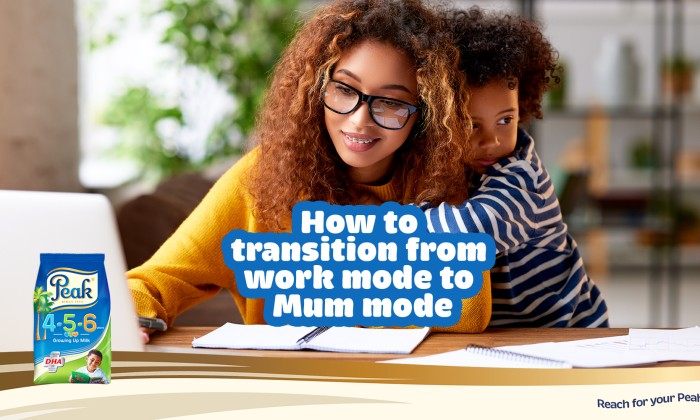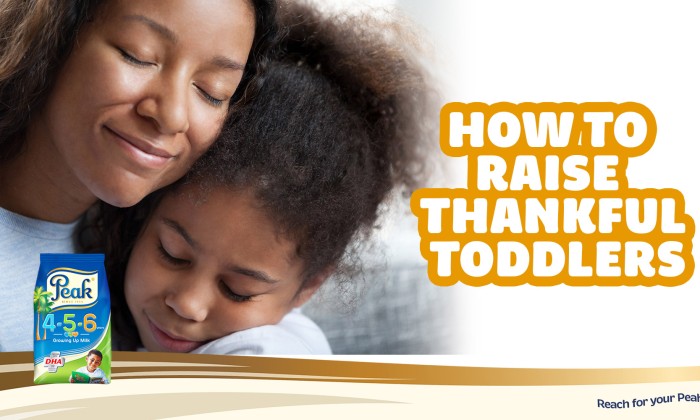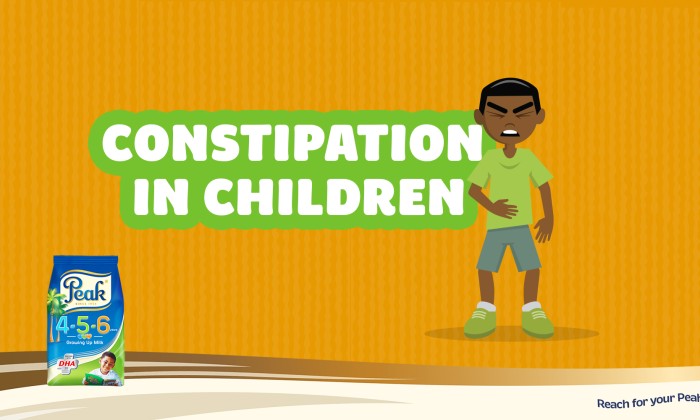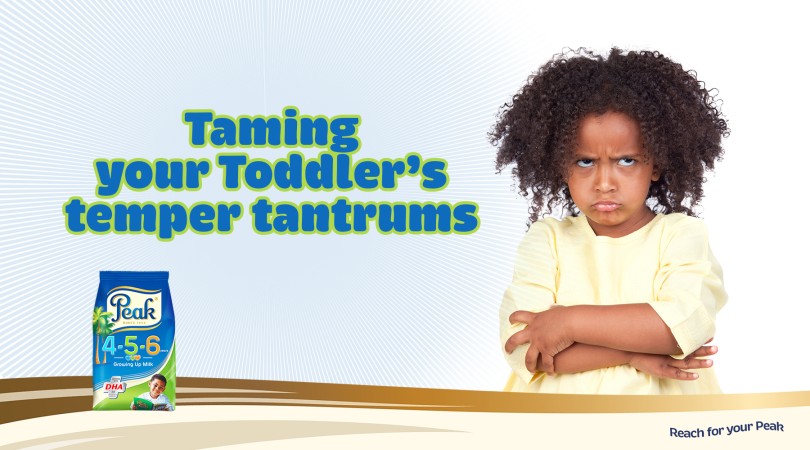
Taming Your Toddler’s Temper Tantrums
As a parent, you may be tempted to believe that your child’s temper tantrums are a sign of poor parenthood when in fact, it is just a normal part of child development. Tantrums are emotional meltdowns, common among young children who are not able to fully express themselves yet. It can cause them to cry, scream, kick, fall, run away and even break things when they don’t get their way or feel frustrated about something. These outbursts can be frustrating for parents as well, so how can you deal with them?
Remain calm or at least pretend to
Ignore your instinct to get angry as that will only complicate the situation. Remember your child is just learning to communicate, so they will imitate your behavior. Speak to your child in a calm, level voice.
Distract them
Toddlers have short attention spans, so they can easily be diverted. When their tantrums start, turn their attention to something else. It can be their favorite toy, cartoon, game, or music.
Stop aggressive behavior immediately
If your child is hitting or throwing things during a meltdown, remove them from the situation. When they have calmed down, explain to them that hurting others is unacceptable. You may decide to put them in time-out if necessary or take away a privilege as punishment.
Try Ignoring the outburst
The reason for the tantrum should determine how you respond. If your child throws tantrums when they are refused something, they’ve been asked to do something they don’t want to, or they simply want your attention, the best way to curtail this behavior is to ignore it. Don’t bribe them or give in as that only reinforces the behavior.
Consider their request
If it’s reasonable, it might be best to choose your battles and let them win but make it clear to them that they’re only getting what they want because you’re okay with it and not because they threw a fit.
Avoid trigger situations
Steer clear of situations that are likely to set off your child. Don’t give them tasks that are beyond their capabilities, it can frustrate them. If they demand for treats or toys while you shop, shop without them, or keep them distracted with a game or cartoon on your phone or tab.
Don’t take it personally
Remember that these outbursts are not directed at you and are in no way a reflection of your parenting skills, they are only a show of your child’s emotions which they will gradually learn to control as they grow.




